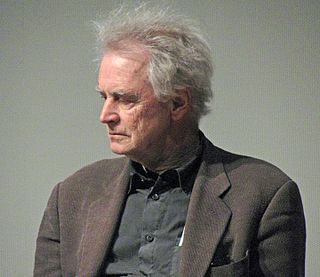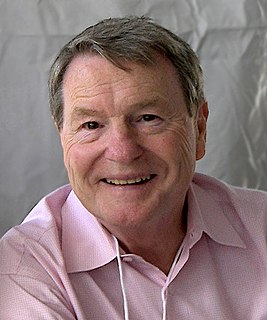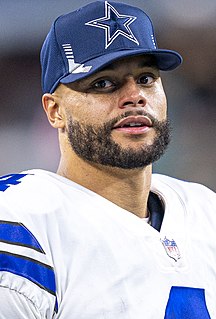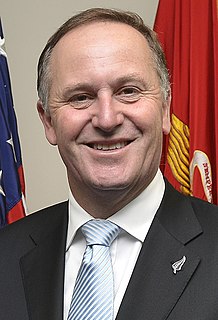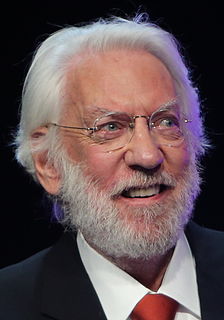A Quote by Thalia
Since I'm not a journalist, I talk about issues that encourage an interchange of ideas through conversation while also being entertaining.
Quote Topics
Related Quotes
Well, I don't know about objectivity, but I know for certain that it's always possible for a professional journalist who understands what he or she's up to to be fair, and that's the key word. Fairness to individuals, fairness to ideas, and to issues and whatever - that is critical, and that is also part and parcel of what the job.
Team Hillary [Clinton] after everything came out the other night, they said, she just wants to talk about the issues. She wants to have a debate about the issues. Really, is that what their ads are about? Is that what the filth they peddle every day my candidate Donald Trump is about - they want to talk about the issues - lets talk about Obamacare its a disaster?
Being bi-racial and being from the country, I can talk to guys like Travis Frederick from Wisconsin and Doug Free from Wisconsin. And then I can go over and talk to Dez Bryant. I mean, think about the two different standpoints you need to have a real conversation with both, to really understand what they've been through.
Transgender issues, and LGBT issues generally, have entered the public conversation on a national level, so there's more need to find people to talk about them. Which I think is great! I like to do that, and I think it's important and necessary, but hopefully there will be a day where I don't have to keep talking about it.
I thought, "Oh, my god, that's what happens every time I talk with a journalist in the middle of shooting and I talk about my character. I describe him, I objectify him, and I kill him." So, I've never spoken with a journalist in the middle of a film. I don't do the EPK until the very end of a film. I can't talk about Kiefer's process, but what he brings to the table is beautiful.





